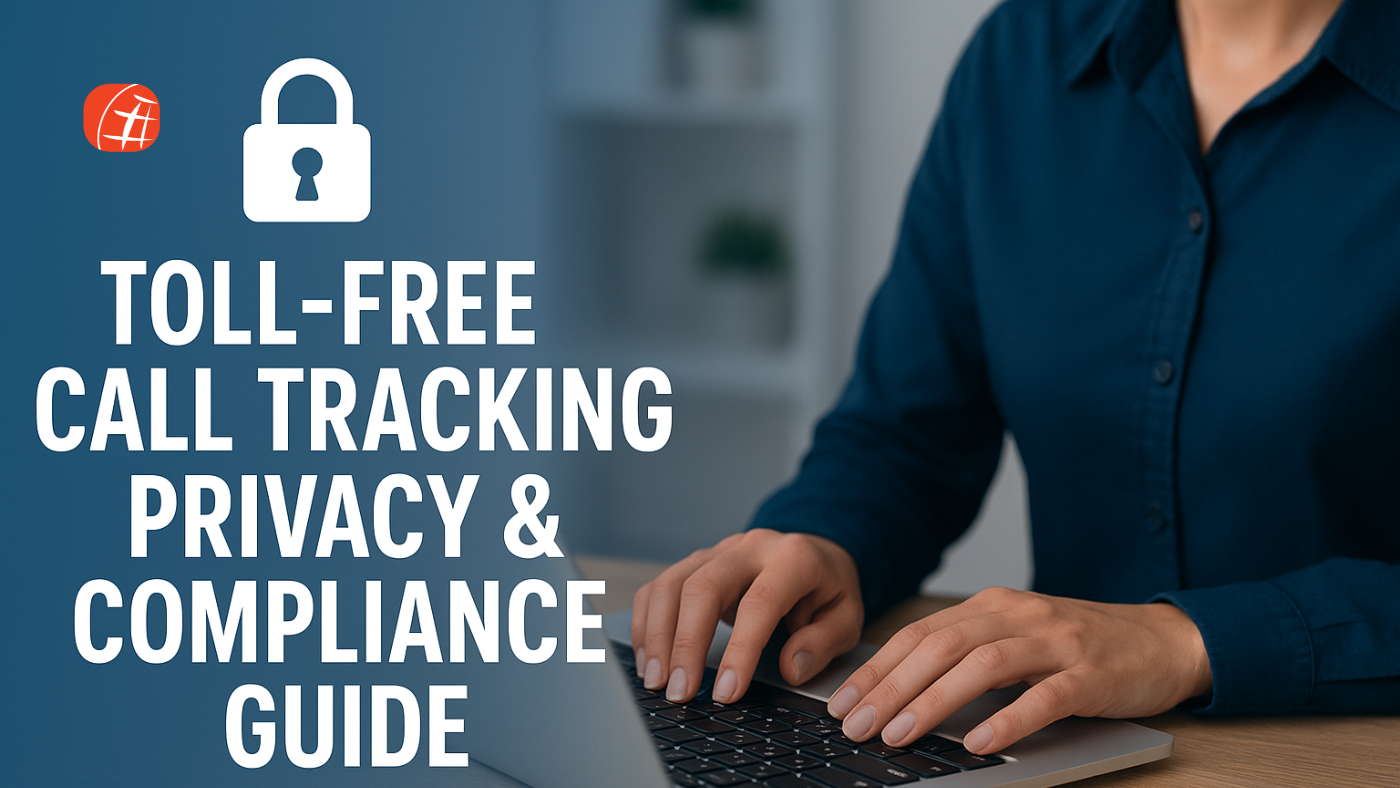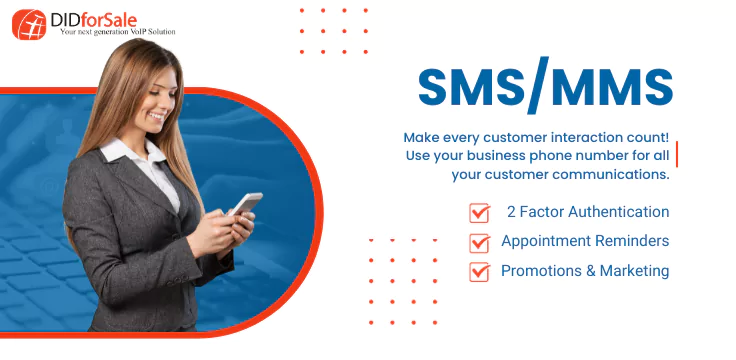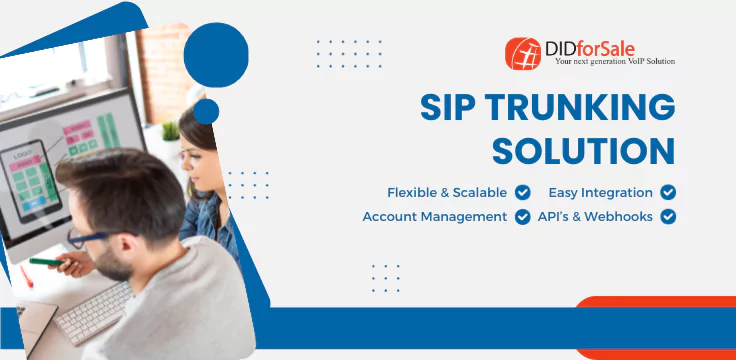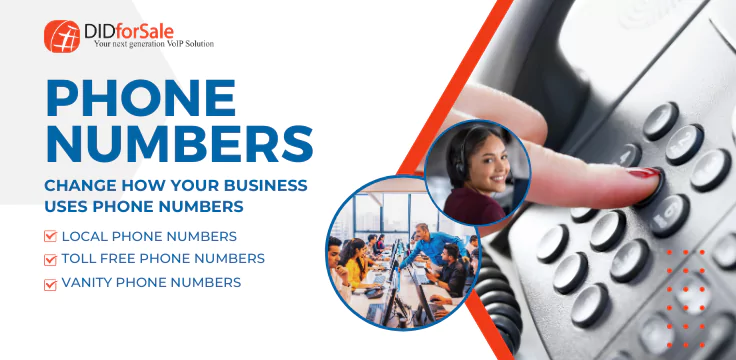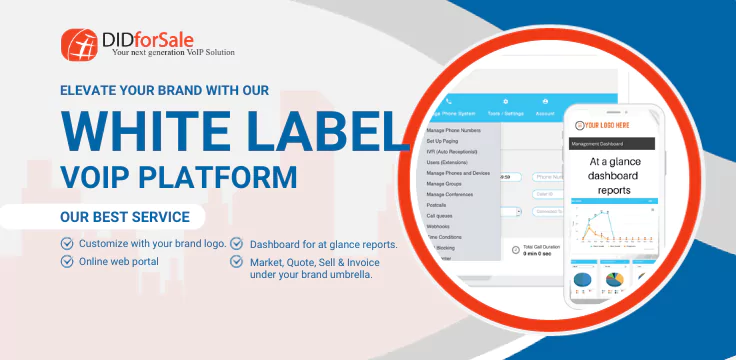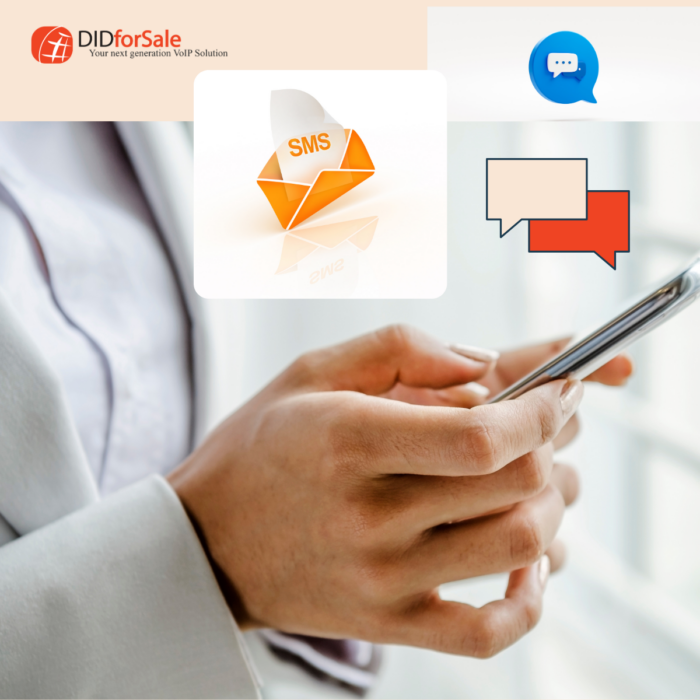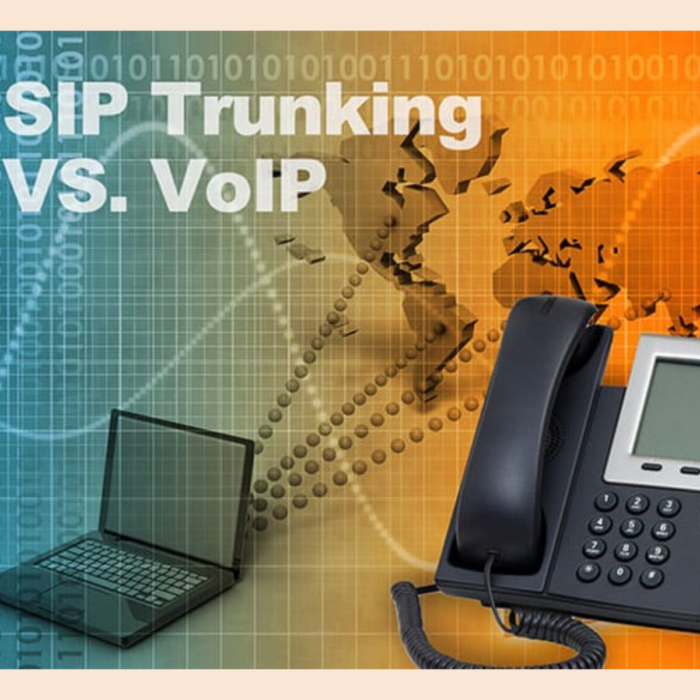In today’s data-driven business world, toll-free call tracking plays a vital role in helping organizations measure marketing performance and improve customer service. However, as businesses collect and analyze call data, privacy and compliance have become top priorities. Understanding how to stay compliant with global regulations like GDPR, CCPA, and other privacy laws is essential for maintaining customer trust and avoiding penalties.
In this blog, we’ll explore what toll-free call tracking privacy really means, why compliance matters, and how businesses can ensure secure and transparent call data management.
What Is Toll-Free Call Tracking?
Toll-free call tracking allows businesses to monitor the performance of their toll-free numbers by analyzing inbound call data—such as caller location, call duration, campaign source, and conversion rates. It’s a powerful tool that gives businesses insights into which marketing campaigns generate the most calls and which customer segments are most engaged.
However, as call tracking becomes more sophisticated, the collection of personal information—like phone numbers, recordings, and transcripts—raises important privacy and compliance questions. This makes it crucial to ensure that data collection aligns with regional and international privacy laws.
Why Privacy Matters in Toll-Free Call Tracking
Every time a customer makes a call, they share personal information, whether intentionally or incidentally. This information can include:
-
Phone numbers
-
Call duration and time
-
Location data
-
Call recordings and transcripts
-
Caller identity or intent
When businesses use this data for analytics, there’s a risk of misuse or unauthorized access if not handled properly. That’s why privacy in call analytics is no longer optional—it’s a regulatory and ethical necessity.
Maintaining toll-free call tracking privacy builds customer confidence, prevents legal risks, and upholds your brand’s reputation as a trustworthy service provider.
Understanding GDPR and Its Impact on Toll-Free Calls
The General Data Protection Regulation (GDPR) is one of the strictest data protection laws in the world. It applies to any company that collects or processes data from EU citizens—even if the business is located outside Europe.
Under GDPR for toll-free calls, businesses must:
-
Obtain clear consent – Callers should be informed that their calls may be recorded or monitored for quality and analytics.
-
Provide transparency – Inform users about what data is collected, how it’s used, and how long it’s stored.
-
Allow data access and deletion – Callers have the right to request access to or deletion of their personal data.
-
Secure call data – Implement encryption, access controls, and secure storage methods.
-
Use data only for the stated purpose – If the call data was collected for service improvement, it can’t be used for marketing without additional consent.
Businesses using toll-free call tracking that involves European customers must align with these GDPR rules to avoid hefty fines and maintain compliance in call tracking systems.
Compliance in Call Tracking: Beyond GDPR
While GDPR is a major benchmark, compliance doesn’t stop there. Different regions have their own privacy laws that may apply to your toll-free communications:
-
CCPA (California Consumer Privacy Act) – Gives California residents control over their personal information, similar to GDPR.
-
HIPAA (Health Insurance Portability and Accountability Act) – Protects health-related call data, especially for medical offices and clinics.
-
PIPEDA (Canada) – Regulates how businesses collect and disclose personal information.
-
TCPA (Telephone Consumer Protection Act) – Controls telemarketing and call consent in the U.S.
To ensure compliance in call tracking, businesses must identify which regulations apply to them and adapt their toll-free call handling accordingly.
Best Practices for Maintaining Toll-Free Call Tracking Privacy
Here are some actionable steps to ensure your toll-free call tracking remains privacy-compliant and secure:
1. Use Transparent Disclaimers
Before recording or tracking a call, inform callers through an automated message that the conversation may be recorded or analyzed for service purposes. This builds trust and fulfills legal obligations.
2. Implement Data Encryption
Encrypting call recordings, transcriptions, and analytics data ensures that sensitive information remains secure, even if storage systems are compromised.
3. Limit Data Access
Only authorized personnel should have access to call tracking data. Implement multi-factor authentication and role-based access controls to prevent unauthorized use.
4. Set Data Retention Policies
Store call data only for as long as necessary. Define clear data retention timelines that align with your business needs and legal requirements.
5. Partner with a Compliant Provider
Choosing a reliable provider like DIDforSale, known for its secure and compliant VoIP and toll-free solutions, helps businesses manage call tracking data safely. DIDforSale’s infrastructure is designed with privacy, encryption, and regulatory compliance in mind.
Privacy in Call Analytics: Balancing Insight with Responsibility
Call analytics provides valuable insights into customer behavior, but it’s equally important to protect the data driving those insights. Businesses must strike a balance between leveraging analytics for growth and ensuring data confidentiality.
For example, anonymizing call data before using it for analytics helps reduce privacy risks. Instead of storing identifiable caller details, businesses can use aggregated data to identify trends without compromising individual privacy.
By taking this responsible approach, businesses can continue to gain insights while demonstrating respect for privacy in call analytics.
How DIDforSale Ensures Privacy and Compliance
At DIDforSale, privacy and compliance are built into every layer of our communication solutions. Our toll-free call tracking services prioritize security through:
-
End-to-end encryption of call data and recordings
-
GDPR and CCPA-compliant data practices
-
Secure, redundant data centers for reliability
-
Customizable call recording and consent settings
-
Integration with privacy-focused analytics tools
Whether you’re a small business or a large enterprise, DIDforSale helps you track toll-free calls effectively—without compromising on privacy or compliance.
Why Compliance in Call Tracking Benefits Your Business
Beyond avoiding fines or penalties, maintaining compliance offers real business advantages:
-
Builds customer trust – Customers appreciate transparency and feel safer engaging with compliant businesses.
-
Strengthens brand reputation – Being proactive about data protection shows professionalism and integrity.
-
Improves operational efficiency – Well-structured compliance systems streamline how data is managed.
-
Enhances marketing accuracy – Accurate, permission-based data leads to more effective campaigns.
Simply put, toll-free call tracking privacy isn’t just a legal necessity—it’s a competitive advantage.
Final Thoughts
As businesses continue to rely on toll-free call tracking to improve customer engagement and marketing ROI, it’s crucial to ensure that data privacy and compliance remain top priorities. Understanding regulations like GDPR for toll-free calls and implementing strong compliance in call tracking practices protects both your business and your customers.
Partnering with a provider like DIDforSale ensures that your call tracking and analytics solutions are not only powerful but also compliant, secure, and trustworthy.
Related Blogs
Why Every Business Should Invest in a Call Tracking System
Account-Based Marketing Enhanced: How Call Tracking Boosts Lead Scoring and Conversions
Call Tracking App vs. Traditional Call Monitoring

